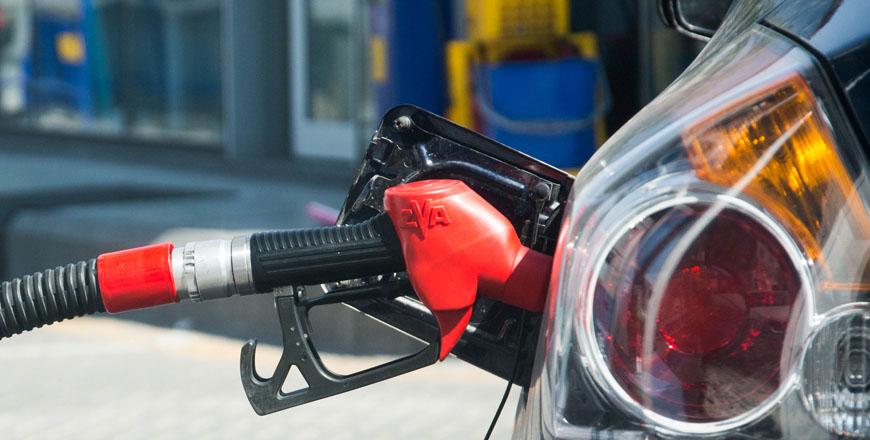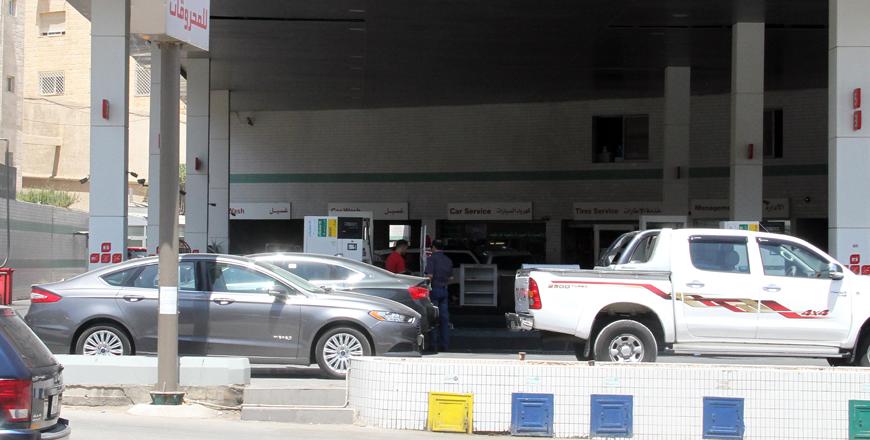You are here
Gas cylinder pricing in line with international rates — minister
By Dana Al Emam - Dec 05,2015 - Last updated at Dec 05,2015

The price of gas cylinders rose to JD7.5 this month under a government decision based on international fuel prices
AMMAN — Prices of liquefied petroleum gas (LPG) increased by 17 per cent worldwide over the past month due to a rise in demand in Europe and the United States for heating purposes, Energy Minister Ibrahim Saif said Saturday.
At a press conference to discuss the recent hike in gas cylinder prices from JD7 to JD7.5, Saif stressed that the government is committed to supporting the price of each cylinder by JD0.25.
However, "Jordan will continue with its policy to liberalise the fuel market," he told reporters.
Based on the rise in the international price of gas, the price of a cylinder should have risen locally to JD7.75, according to the Energy Ministry.
Saif explained the drop in LPG prices in the local market over the past year matched percentages observed in international markets.
The international price of LPG stood at $565 per tonne in December 2014, while this December it went down to $425 per tonne, registering a 25 per cent drop, the minister noted.
He cited a similar drop in gas cylinder prices over the same period, as its cost was JD10 last December, while the current price is JD7.5.
To ensure transparency in the local fuel pricing process, the ministry has uploaded the pricing formula on its website, Saif added, noting that at the end of each month the Gas Stations Owners Association announces its predictions for fuel prices for the upcoming month based on the same formula.
The minister referred to the fixed cost of shipping, transport and insurance that the Kingdom pays regardless of fuel prices, noting that the region's geopolitical conditions lead to higher insurance fees due to risks.
Some 30 million gas cylinders are annually consumed in Jordan, with a daily average of 80,000, varying from 55,000 during summer to 100,000 in winter, according to Saif.
He said Jordan is working on two projects to increase the capacity of its fuel reserves, at an expected cost of JD32 million.
The ongoing projects in Madonah and Aqaba are funded by fuel taxes and are designed to boost the Kingdom's fuel reserves from 30 to 60 days, and Brent crude reserves to 90 days.
Overall taxes on oil derivatives are as follows: 22 per cent on 90-octane and 40 per cent on 95-octane, while for all other fuel products, except for heavy oil, the tax is 6 per cent.
All derivatives are subject to a JD0.006 stamp fee.
Related Articles
AMMAN — The government on Friday decided to lower the prices of fuel derivatives as of Saturday by between 3.2 per cent and around 6.2 per c
AMMAN — Fuel prices are expected to drop on August 1, mirroring the decline in prices of Brent crude, the global oil benchmark, an informed
AMMAN — The government on Monday decided to keep the prices of fuel derivatives unchanged in March.The decision, issued by Minister of Indus













